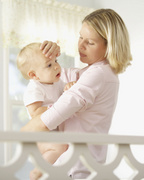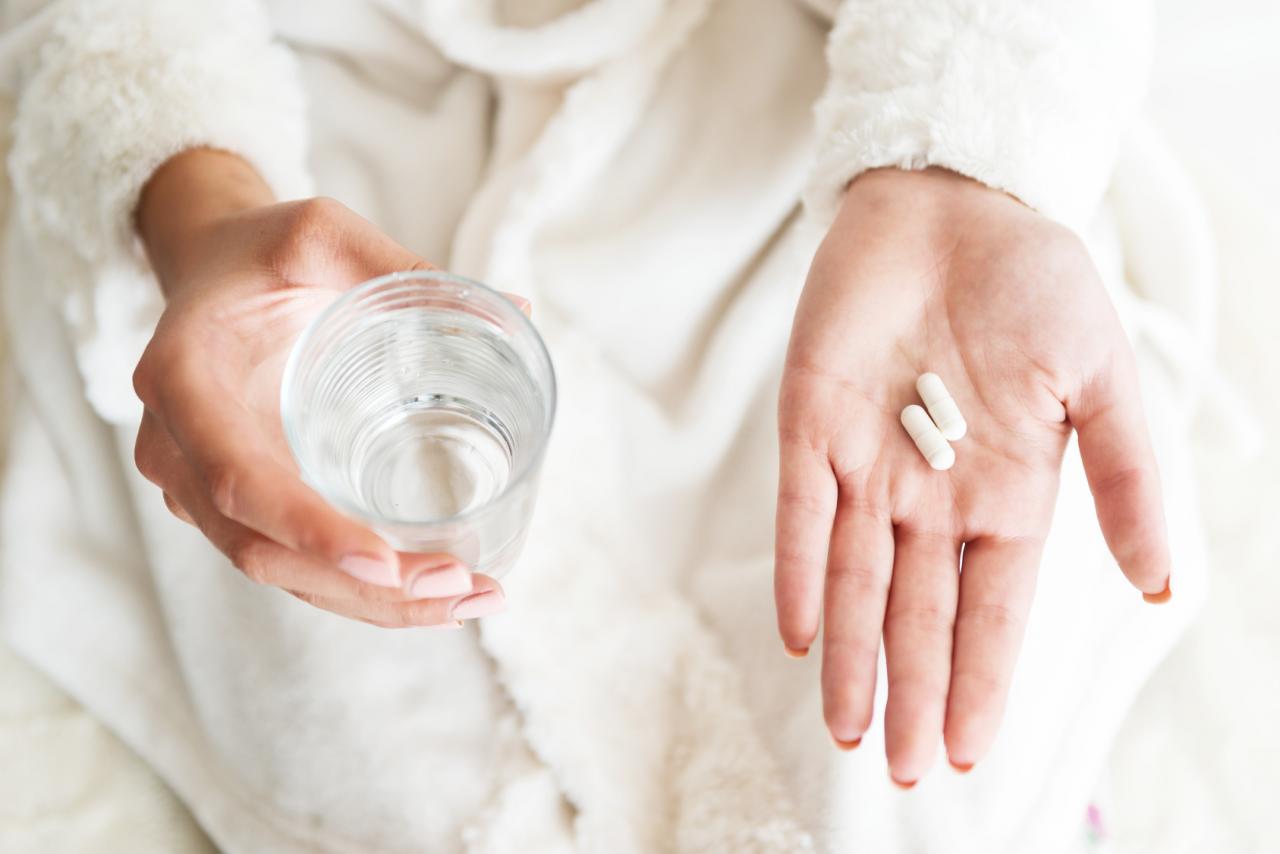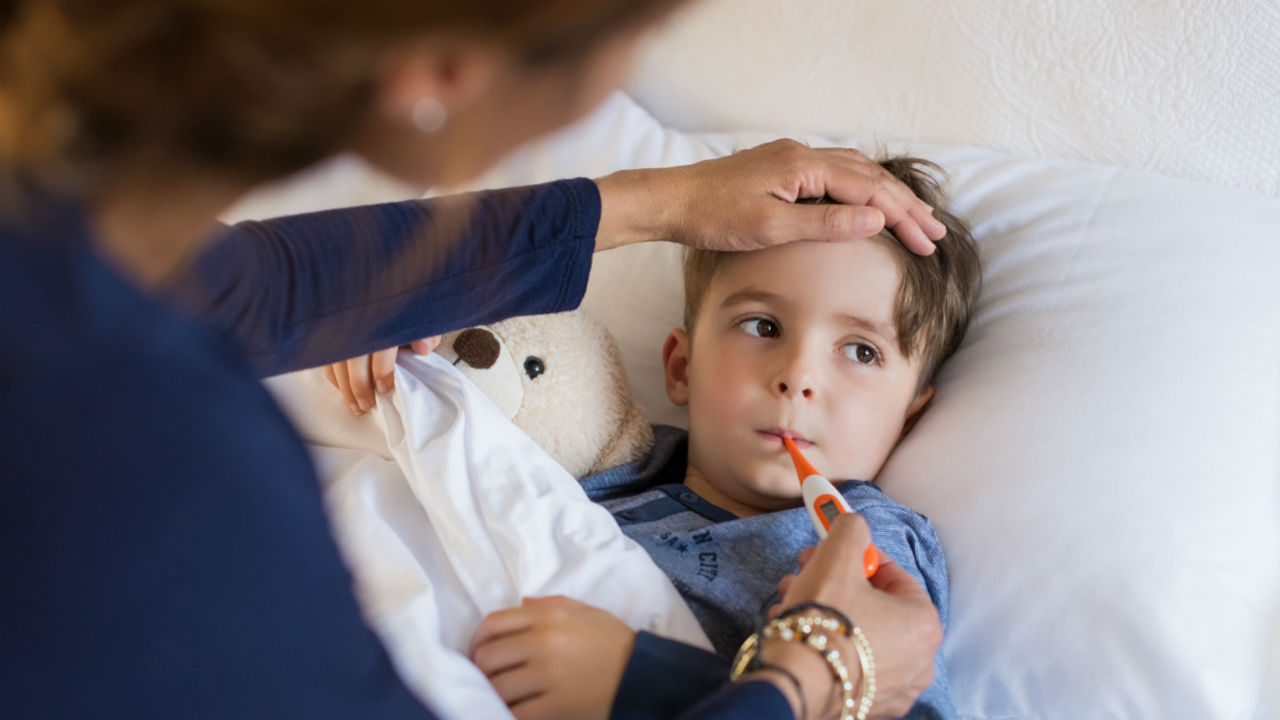
A few years ago, the FDA recommended that cough and cold medications should not be given to babies under the age of two because of their potential to cause serious and even life-threatening reactions. They wrote in their consumer update:
‘There are a wide variety of serious adverse events reported with cough and cold products. They include death, convulsions, rapid heart rates, and decreased levels of consciousness.’
Other medications for pain and fever have also come under the spotlight for causing unwanted side-effects and for being contaminated with chemicals used in packaging.
Many parents now want an alternative way to ease their children’s symptoms without resorting to drugs.
1. Research at the University of California has found that if you exclusively breast feed your baby for at least six months, he has five times less chance of getting a cold than a formula fed baby. Breast feeding is one of the most effective ways you can prevent colds in your baby or toddler.
2. If you are breast feeding you can also take a vitamin C supplement to help prevent colds in your baby, as some of the vitamin C will pass through your milk into your baby. A double blinded trial of vitamin C’s ability to prevent colds conducted and researchers found that
‘Compared with the placebo group, the active-treatment group had significantly fewer colds, fewer days challenged virally and a significantly shorter duration of severe symptoms. Consequently, volunteers in the active group were less likely to get a cold and recovered faster if infected. Few side effects occurred with the active treatment, and volunteers reported greatly increased satisfaction with the study supplement compared with any previous form of vitamin C. This well-tolerated vitamin C supplement may prevent the common cold and shorten the duration of symptoms.’
3. A toddler or older child can be given chewable vitamin C directly. (Check that it is free of ingredients such as aspartame and talc, which can be harmful to health).
4. If your child has a blocked nose, you can help relieve it by using a nasal aspirator to remove mucus.
5. Having your child gargle with previously boiled (but cooled) salt water can help ease a sore throat. A cup of chamomile tea with honey can provide pain relief and ease a sore throat. Make sure you have left the tea to cool for a few minutes before giving it to your child. If you have a baby under one year, don’t give honey because of the risk of infant botulism. Chamomile tea can be given on its own.
6. Lavender patches can ease a painful headache. They are self-adhesive and once stuck on the forehead can be worn for hours. Do not give them to any child under the age of four. If your child is over four, this is a useful remedy to have and is available from online stores and natural health stores. Chemists sometimes sell plain, drug-free headache patches for children.
7. Make sure your child drinks plenty of water, or if you are breast feeding, that you are drinking plenty of water. A lot of headaches are due to dehydration.
8. If your child has a fever, this is his body’s way of expelling the virus and is a normal part of his immune system response. You can ease the discomfort of this process by using an electric fan. If you think his temperature is rising too quickly or he is prone to febrile seizures, you could try tepid sponge bathing as well as use of an electric fan.
9. Aromatherapy chest rubs containing eucalyptus and other essential oils may help him breathe more easily and aid sleep.
10. Getting out and about in the summer months with your child and having enough vitamin D through exposure to sunlight may help prevent colds in the winter.
Often, simple home remedies and support of the immune system is all that is required to prevent or treat colds and flu, without needing to resort to children’s medicines that are sometimes harmful.
Sources: http://www.dailymail.co.uk/health/article-113533/Breastfed-babies-times-likely-catch-colds.html
http://www.ncbi.nlm.nih.gov/pubmed/12201356
Joanna is a freelance health writer for The Mother magazine and Suite 101 with a column on infertility, http://infertility.suite101.com/. She is author of the book, 'Breast Milk: A Natural Immunisation,' and co-author of an educational resource on disabled parenting, in addition to running a charity for people damaged by vaccines or medical mistakes. She has five children and has never bought a bottle of Tylenol in 14 years of parenting.





Add a CommentComments
There are no comments yet. Be the first one and get the conversation started!